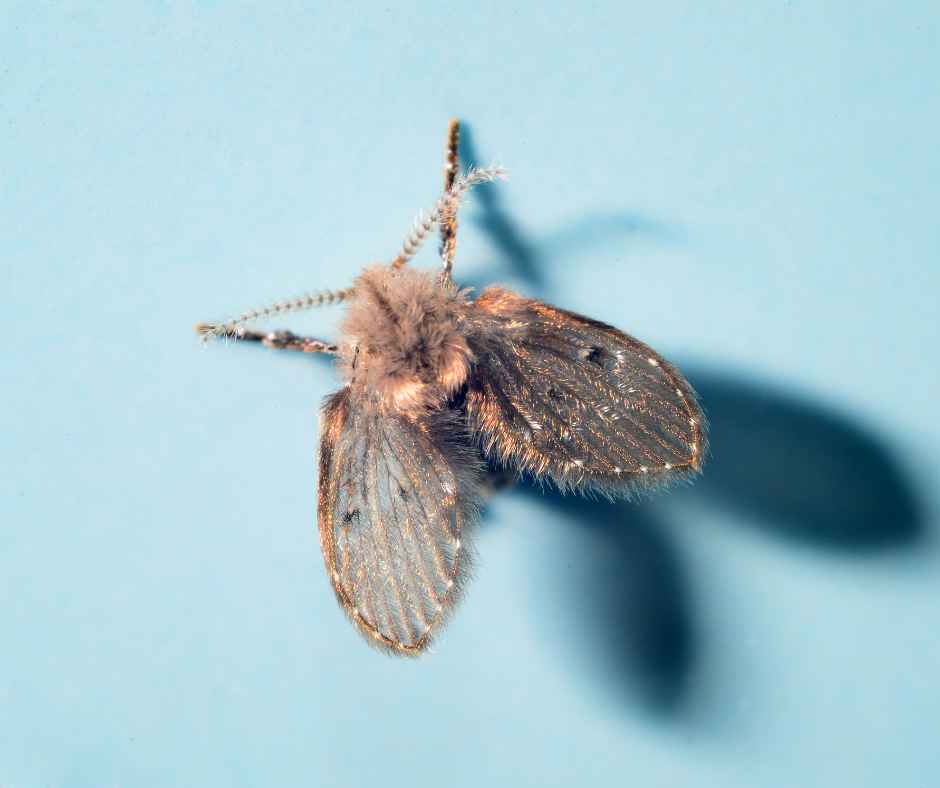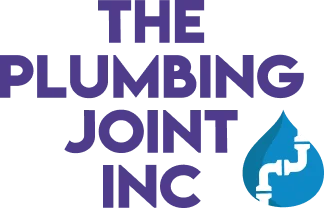the East Side & Beyond!
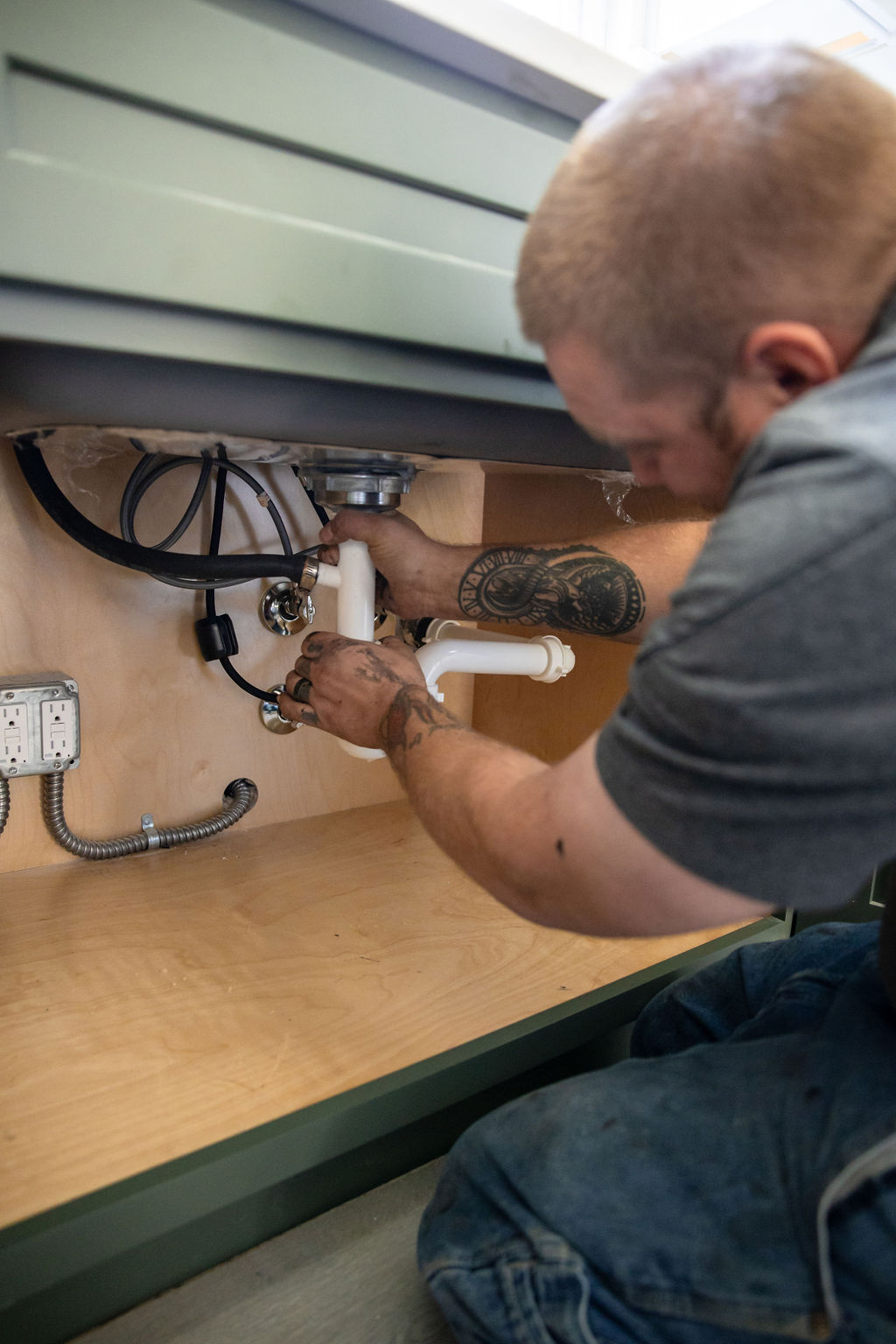
I Have Knocking Pipes When Water Is Not Running – Why?
October 10, 2024
Have you ever heard a strange knocking or banging sound from your pipes when no water is running? This unsettling noise can be alarming, but you’re not alone—many homeowners experience it. In most cases, these sounds are more than just an annoyance; they could indicate an underlying issue that needs attention. In this blog, we’ll explore why your pipes might be knocking when the water is off, what could be causing the water hammer sound, and what you can do to address it.
What Causes Knocking Pipes When Water Is Not Running?
There are several reasons why you might hear knocking pipes when water is not running. Let’s take a look at some of the most common causes:
1. Water Hammer
The most well-known cause of knocking pipes is something called a “water hammer.” This occurs when water flow is suddenly stopped or changes direction in your plumbing system, creating a loud banging or knocking sound. Typically, water hammer happens when you shut off a faucet or valve too quickly, but it can also occur when no water is running if there are existing pressure issues in your system. Over time, repeated water hammer sounds can damage your pipes and fittings.
2. Thermal Expansion
Another cause of a knocking sound from pipes is thermal expansion. When hot water flows through your pipes and the metal expands, it can cause the pipes to rub against nearby surfaces like wall studs or joists. As the pipes cool down, they contract, causing a knocking sound. This phenomenon is more likely to occur after using hot water and can happen even after you’ve turned off the water, making it seem like the noise occurs when no water is running.
3. Loose Pipes
Loose pipes are another common reason for hearing banging sounds from your plumbing. Pipes that are not securely fastened to walls or floor joists can move slightly when water flows through them or when they experience changes in pressure. This movement can result in a knocking or banging noise. Even if no water is running, pressure changes within your plumbing system can cause the pipes to shift, producing sounds similar to knocking pipes when water is not running.
4. Sediment Buildup
If your home has older plumbing, sediment buildup inside your pipes may also contribute to the knocking sound. Over time, minerals like calcium and magnesium from hard water can accumulate inside pipes, partially blocking water flow. This can create pressure fluctuations that lead to knocking sounds, particularly in your hot water pipes, as sediment is more likely to form in heated water.
5. Air in the Pipes
Air trapped inside your plumbing system can also cause pipes to knock. This usually happens when water is being drained from your system or if there is an issue with your plumbing’s air chamber. Air pockets can create a knocking sound as water passes through the pipes, even when no faucets are on. In this case, it might be necessary to bleed your plumbing system to eliminate the trapped air.
Diagnosing the Knocking Sound
Now that we’ve covered the common causes of knocking pipes when water is not running, how do you know which one is affecting your home? Here are a few steps you can take to diagnose the issue:
1. Determine the Source of the Noise
Pay close attention to when and where you hear the noise. Does the knocking sound from pipes occur after you’ve used hot water? Or is it random and happening when no water is running at all? Identifying when the noise occurs can give you clues as to whether it’s caused by thermal expansion, water hammer, or another issue.
2. Check for Loose Pipes
If you have access to exposed pipes in your basement or crawl space, take a look to see if they are securely fastened to the walls or joists. Gently shake the pipes—if they move easily, they may need additional support to prevent movement and reduce the knocking noise.
3. Inspect for Water Hammer
If you suspect water hammer is the culprit, check to see if your home has air chambers installed near major fixtures. These chambers help to absorb the shock of water flow changes. If your system lacks these, installing a water hammer arrestor might solve the problem.
Solutions for Knocking Pipes
Once you’ve identified the cause of the knocking, a professional plumber can apply the proper solutions to resolve the issue safely and effectively. Here are the steps a plumber should take to address the problem:
1. Install a Water Hammer Arrestor
If the cause of the knocking sound is water hammer, a plumber can install a water hammer arrestor to stop the noise. These devices are placed near faucets or appliances and absorb the shockwave caused by sudden changes in water pressure. Installing these arrestors requires expertise in locating the correct points in the plumbing system and ensuring they are properly fitted to prevent future issues.
2. Add Pipe Insulation
For knocking pipes caused by thermal expansion, a plumber can add professional-grade pipe insulation to minimize the expansion and contraction that leads to noise. This insulation not only prevents the pipes from banging but also helps stabilize them within walls and ceilings. A licensed plumber will know the right type of insulation to use and where to place it for maximum effectiveness, ensuring the job is done correctly and efficiently.
3. Secure Loose Pipes
When pipes are loose and causing knocking sounds, it’s important that they are properly secured using pipe clamps or hangers. A plumber will inspect the location of the pipes, determine the best method for securing them, and ensure they are firmly attached to studs or joists without damaging the pipes. In many cases, pipes are located in hard-to-reach places, and a professional plumber will have the tools and expertise needed to access and secure them.
4. Flush the Water Heater
If sediment buildup is causing the knocking sound, especially in hot water pipes, a professional plumber can flush the water heater to remove the sediment. Flushing a water heater involves draining the tank, cleaning out any buildup, and refilling the system to ensure it operates smoothly. This process requires knowledge of plumbing systems to avoid potential damage and ensure the longevity of the water heater.
5. Bleed the Plumbing System
In cases where air is trapped in the pipes, a plumber may need to bleed the entire plumbing system to remove air pockets. This process involves systematically opening faucets, valves, and other outlets throughout the home to release the trapped air. A professional plumber will know the most efficient way to do this, starting with the lowest faucet in your home and working upward, to ensure all the air is cleared without risking damage to the pipes.
Leave It to the Professionals
While it may be tempting to tackle these issues on your own, resolving the causes of knocking pipes often requires the expertise of a licensed plumber. DIY solutions may offer temporary relief but could lead to more extensive damage or even more expensive repairs in the future.
At The Plumbing Joint, we have the experience and tools needed to quickly diagnose and repair noisy pipes, whether it’s due to a water hammer, loose pipes, or sediment buildup. Trust The Plumbing Joint to provide lasting solutions that protect your plumbing system.
Contact The Plumbing Joint today for all your pipe repair needs!
Recent News
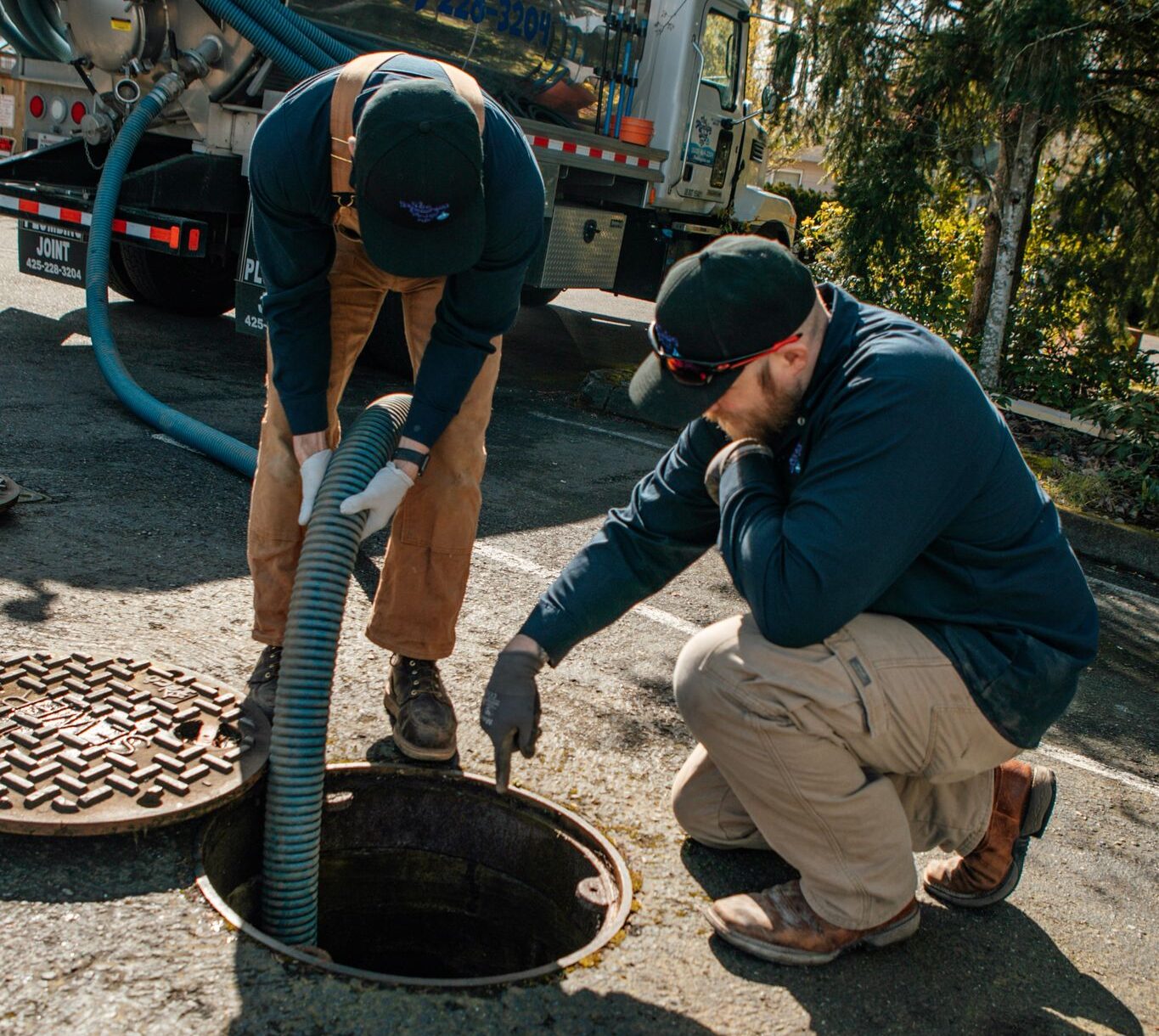
How To Spring Ahead of Plumbing Issues
March 11, 2025
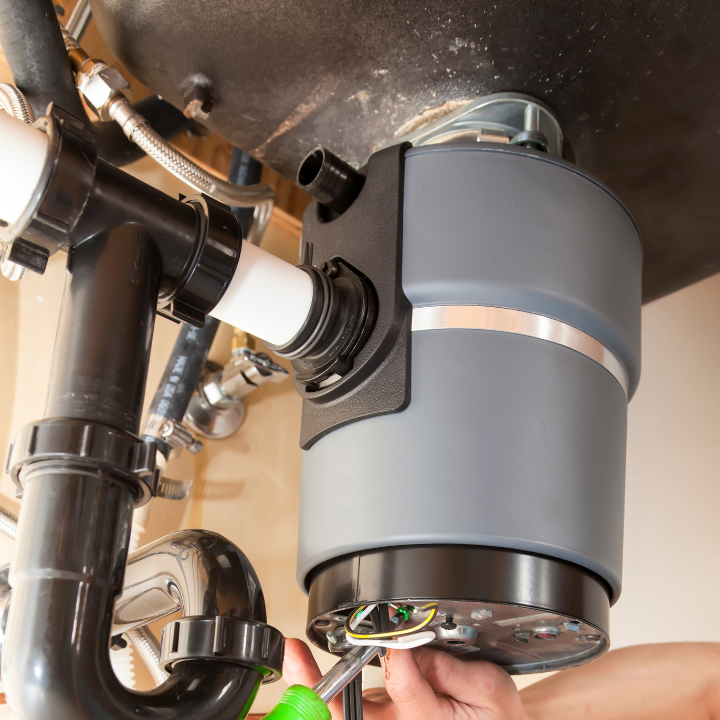
Help! My Garbage Disposal Is Humming But Not Working
February 7, 2025
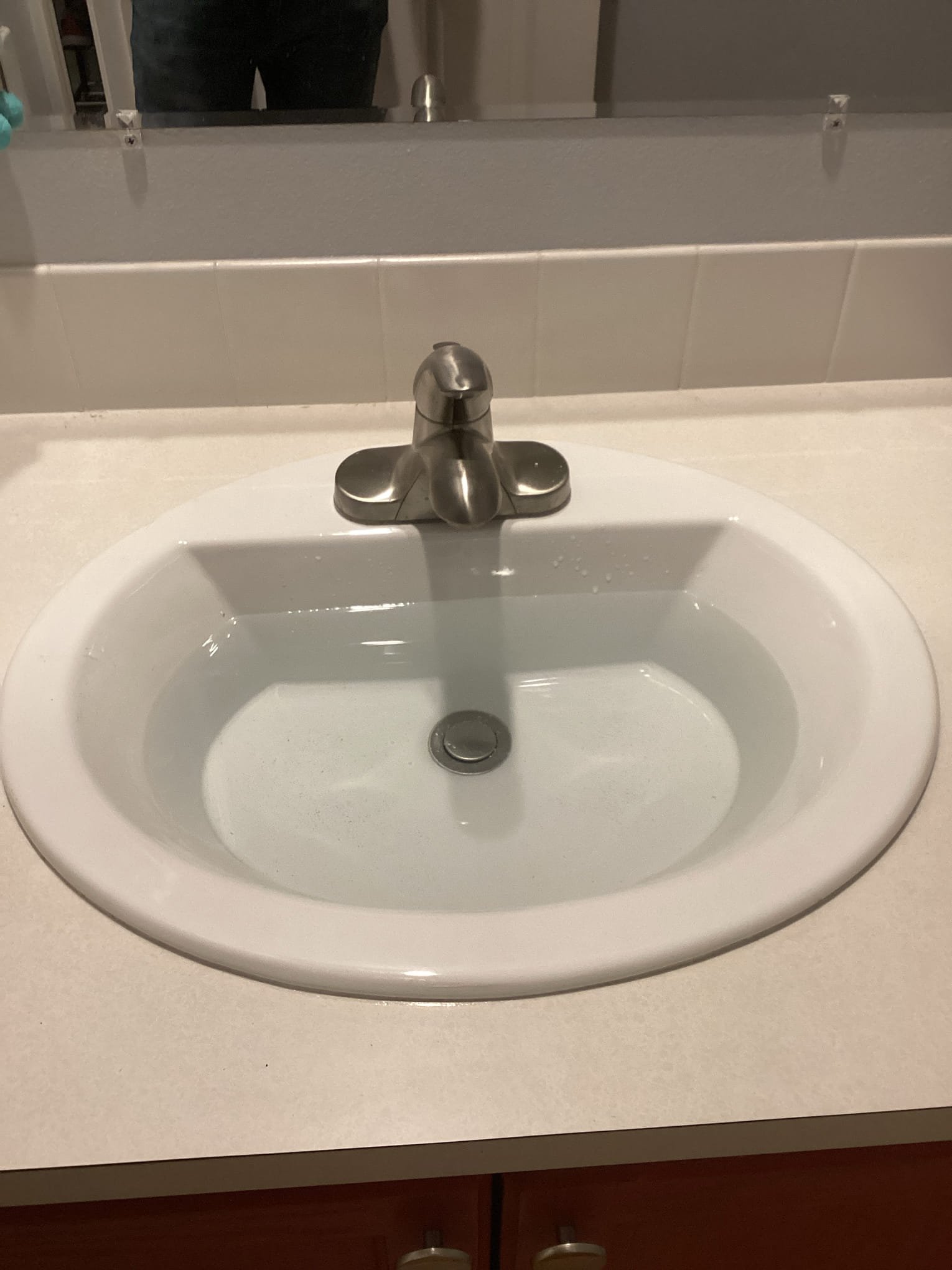
Why Does My Sink Gurgle?
January 10, 2025
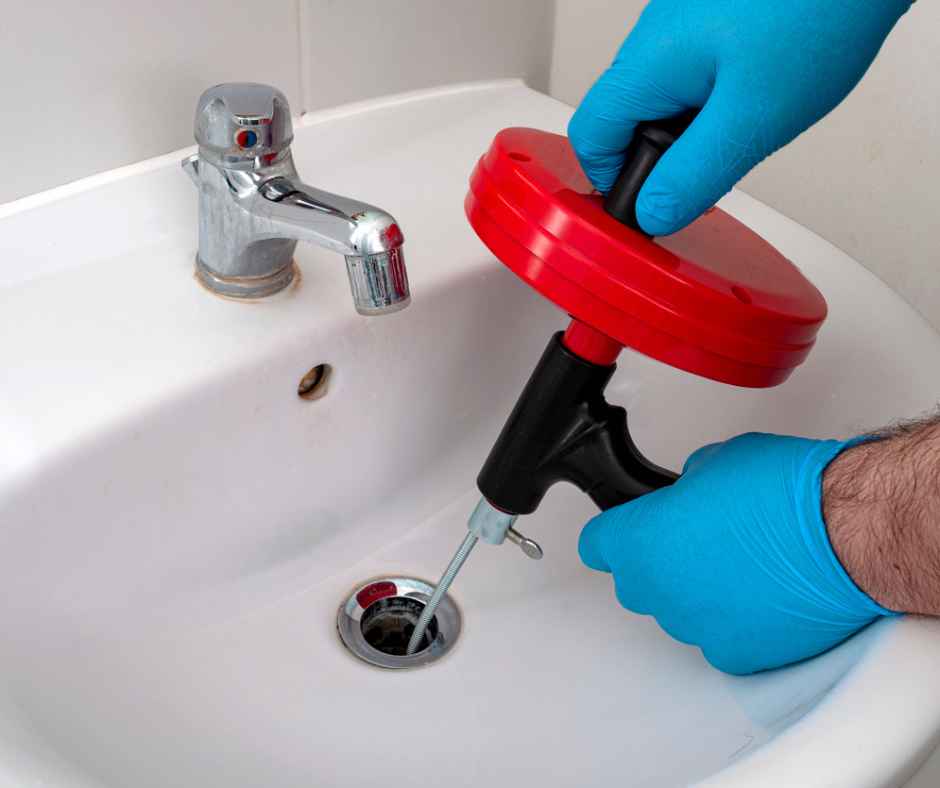
How to Use a Plumbing Snake
December 13, 2024
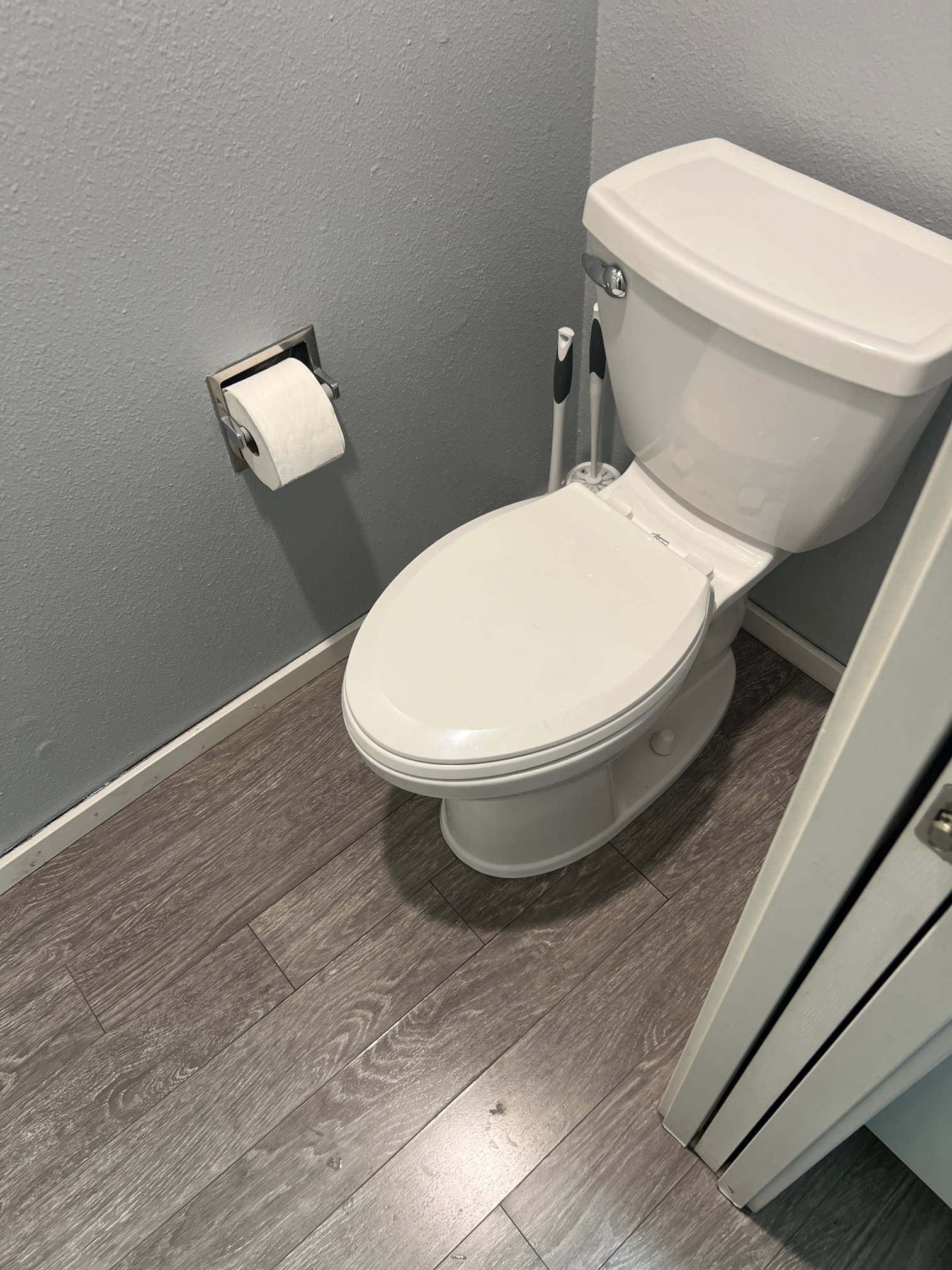
Toilet Sounds And What They Mean
November 7, 2024
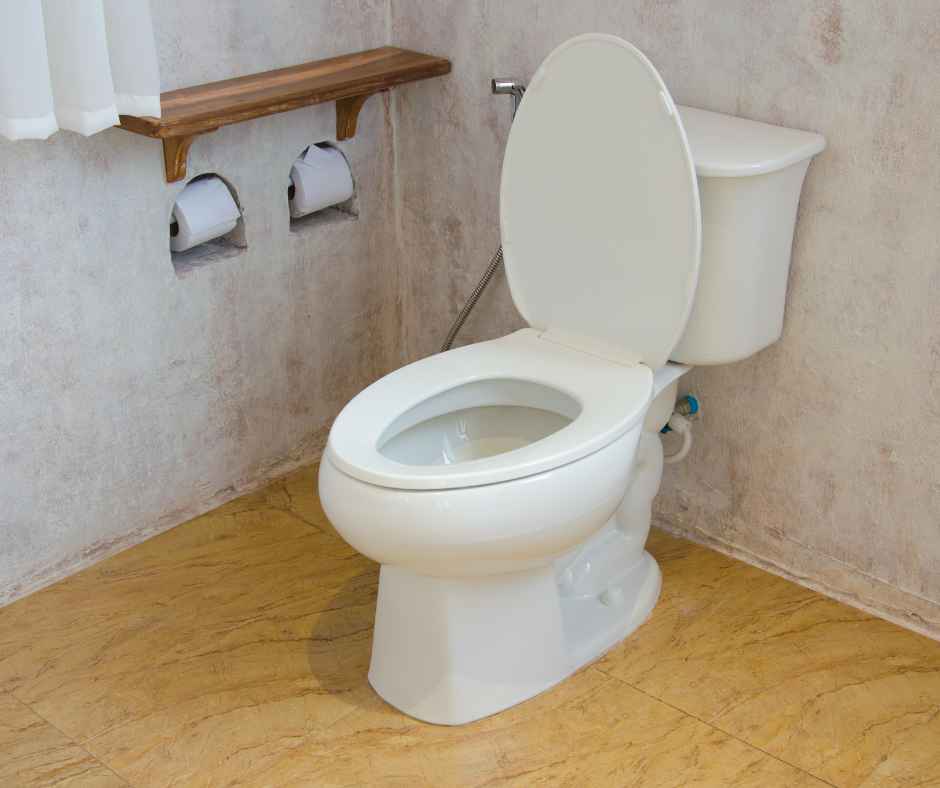
Why Is My Toilet Moving?
September 12, 2024
